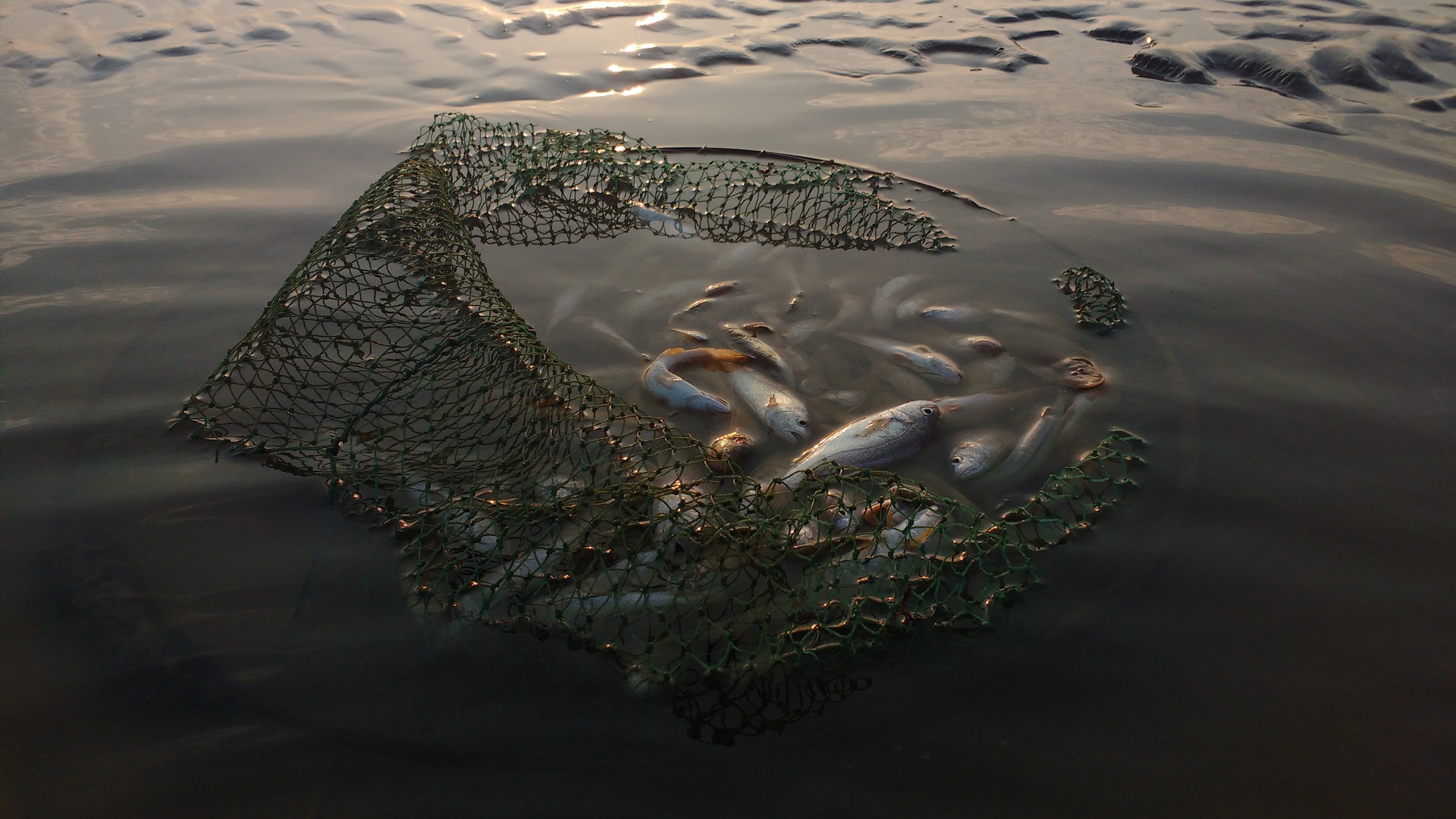Changing Food Systems
GLOBAL ENVIRONMENT CHANGE, particularly climate change, pollinator declines, fishery and wildlife declines, water shortages, and other forms of environmental processes – will pervasively affect our food systems and the ability to provide a growing human population with enough quality nutrition. Research is needed to understand how multiple interacting types of environmental change impact the quantity and quality of food available to different populations around the world. Another important priority is to understand how accelerating changes and losses to many wild and indigenous foods are likely to alter nutritional intake for different populations and affect their health.
Learning Objectives
L1: Identify the direct and indirect drivers of changes in food systems.
L2: Evaluate systems of food production in the context of accelerating environmental change.
L3: Identify factors in the food system that influence upstream and downstream outcomes in food production, distribution, consumption, and human health.
L4: Consider the impacts of changes in food systems on human health and how this may change over time.
L2: Evaluate systems of food production in the context of accelerating environmental change.
L3: Identify factors in the food system that influence upstream and downstream outcomes in food production, distribution, consumption, and human health.
L4: Consider the impacts of changes in food systems on human health and how this may change over time.
Teaching Resources
The Future of Food
The Future of Food is an undergraduate introductory-level science course that emphasizes the challenges facing food systems in the 21st century, including issues of sustainability, resilience, and adaptive capacity, and the challenges posed by food insecurity and modern diets to human health and well-being.
→ Teaching tool
Ecosystem Approaches to Health Teaching Manual
A teaching manual with sample modules and associated activities for teaching about health and environmental change produced by COPEH-Canada.
→ Español
→ Français
→ English
→ Read more
How I Fell in Love With a Fish
(L1, L2, L3) This TedTalk tells a love story for a fish that originated in Argentina on a farm that was created by flooding and restoring a natural ecosystem. As overfishing and current aquaculture practices are highly unsustainable, a proposal to use natural relationships in an ecological model to produce more sustainable fish for food is presented.
→ Watch the video
Climate Change and Health: An Interprofessional Response
This set of nine short slide decks that can be utilized to introduce the connection between climate change and health to health professionals. They are intended to be used by instructors and programs when teaching about the connection between climate and health in existing courses.
→ Slide deck
Sustainable Agriculture and Food Systems
This Ohio State University course explores the concept of food security in all of its dimensions including production, storage, distribution, access, and stability. We will place special emphasis on challenges to global food security, constraints on the modern “conventional” farming system, and sustainable strategies to increase global food production.
→ Syllabus
The Future of Food is an undergraduate introductory-level science course that emphasizes the challenges facing food systems in the 21st century, including issues of sustainability, resilience, and adaptive capacity, and the challenges posed by food insecurity and modern diets to human health and well-being.
→ Teaching tool
Ecosystem Approaches to Health Teaching Manual
A teaching manual with sample modules and associated activities for teaching about health and environmental change produced by COPEH-Canada.
→ Español
→ Français
→ English
→ Read more
How I Fell in Love With a Fish
(L1, L2, L3) This TedTalk tells a love story for a fish that originated in Argentina on a farm that was created by flooding and restoring a natural ecosystem. As overfishing and current aquaculture practices are highly unsustainable, a proposal to use natural relationships in an ecological model to produce more sustainable fish for food is presented.
→ Watch the video
Climate Change and Health: An Interprofessional Response
This set of nine short slide decks that can be utilized to introduce the connection between climate change and health to health professionals. They are intended to be used by instructors and programs when teaching about the connection between climate and health in existing courses.
→ Slide deck
Sustainable Agriculture and Food Systems
This Ohio State University course explores the concept of food security in all of its dimensions including production, storage, distribution, access, and stability. We will place special emphasis on challenges to global food security, constraints on the modern “conventional” farming system, and sustainable strategies to increase global food production.
→ Syllabus
Research
Articles
Articles
